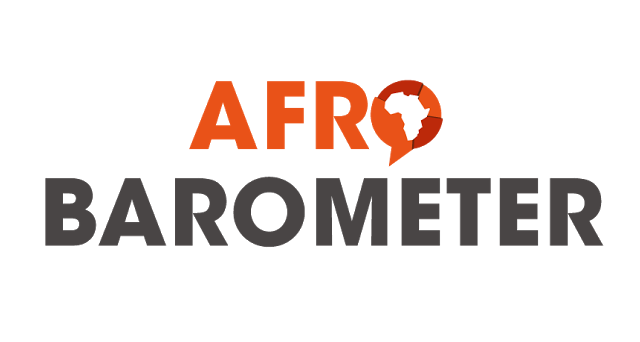
Asserting that ordinary people cannot form valid opinions on issues of democracy or governance is over-stated
By Francis Kibirige
The Independent magazine Issue Number 469 of May 12 – 18 carried an article titled `Afrobarometer: Right poll, wrong people.’ This article raised two major issues relating to public opinion polling.
The purpose of this short article is to provide a brief comment and contribution to the article to enable its readers get further insights on opinion polling such as conducted by the Afrobarometer network.
But first, I should applaud The Independent magazine for using our data in writing this article. This is very much encouraged, and the Afrobarometer network has developed an online-data-analysis facility (available at http://www.afrobarometer.org/online-data-analysis/analyse-online) to enable anyone run analysis from our data without the need for any statistical analysis packages.
This article raises two questions related to opinion polling. First, the article questions the choice and framing of survey questions, especially that questions carried in this study perhaps did not mirror public interest. Second, that this survey perhaps targeted people who are not qualified enough to answer the kind of questions surveyed.
To briefly answer these questions, we note that the framing of Afrobarometer survey questions meets rigorous international standards. The survey is conducted in over 35 African countries and is wholly peer-reviewed.
The Afrobarometer has been a recipient of the Best Data Set Award 2004 from the American Political Science Association, which is no easy feat. The 12 questions reported under this particular release are part of 377 questions put to the respondents by the survey.
There are different types of questions too, each type with an array of possible ways to be framed depending on the survey context or target respondents.
For instance, in some questions we ask respondents to give responses off-head or spontaneously (such as “In your opinion, what are the three main problems that the government should address first and foremost?”) while in other cases we have asked respondents to make a choice of opinion given a public interest issue (such as “Am going to read to you two statements. Please tell me which statement is closest to your view”). The 12 law-reform proposals fall in this latter category.
Responses from off-head spontaneous set or itemised choice items essentially convey the respondent’s opinion given research question, but each is best suited to particular situations.
The key factor in the framing of questions is to avoid bias, a concept that is central to research design throughout the methodology of the research in question.
 The Independent Uganda: You get the Truth we Pay the Price
The Independent Uganda: You get the Truth we Pay the Price




Hello there I am so happy I found your blog page, I really found you by accident, while I was looking on Bing for something else,
Anyhow I am here now and would just like to say many thanks for a marvelous post and a all round entertaining blog (I
also love the theme/design), I don’t have time to look over it all at
the moment but I have book-marked it and also included your
RSS feeds, so when I have time I will be back to read a great deal more, Please do keep up the great job.